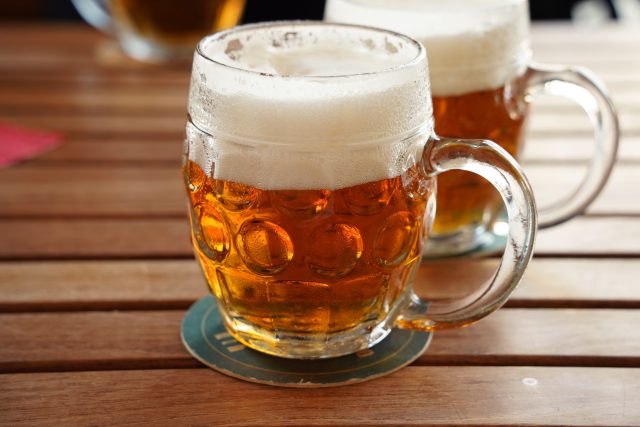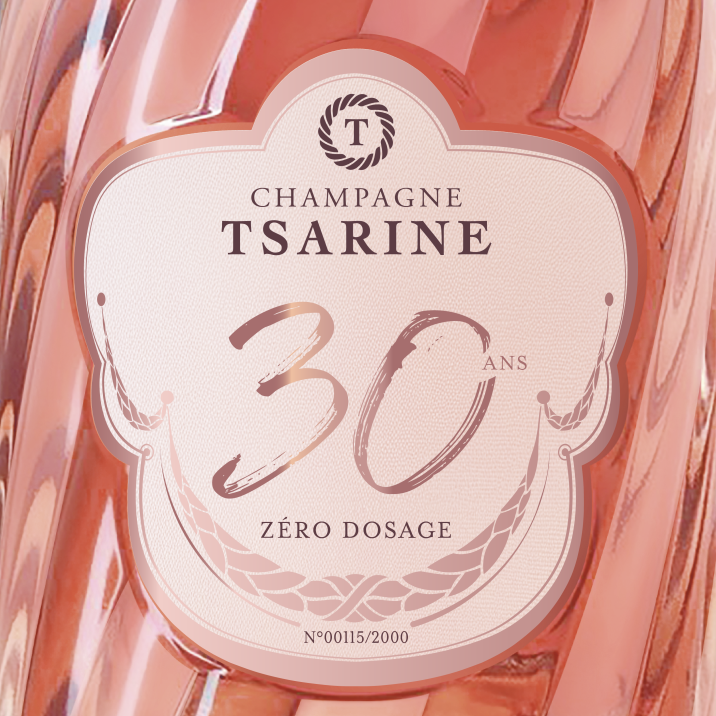Boom in low-alcohol beers in UK
Fresh figures have shown that the UK has become one of the fastest growing markets for low ABV beers, following the change in alcohol duty introduced last summer.

According to figures shown to the Financial Times by data company IWSR, sales of low-alcohol beer have doubled from 650,000 hectolitres in 2023 to almost 1.3 million last year.
It means that the UK’s growth of the sector is double its nearest competition globally, which was the South American nation state of Venezuela, with Romania and Japan ranking jointly third.
Overall, it has seen the UK become the eighth largest market across the world for low-alcohol beer, which is a rise from being ranked in 13th in 2022.The news follows the taxation reform in August 2023, where 3.5% ABV and under beers were taxed less than beers above this ABV, and classified as low strength drinks.
Recipe changes
A slew of macro brewers and drinks giants quickly changed recipes to get around the new taxation rules, resulting in a large number of the UK’s most popular lagers having their ABV slashed to under 3.5%.
Partner Content
Carlsberg Marston’s Brewing Company (CMBC) reduced its flagship beer from 3.8% ABV to 3.4% ABV and Heineken reduced its John Smith’s Extra Smooth brand from 3.6% to 3.4% ABV.
According to analysis based on the shift in ABV, Carlsberg will pay £9.27 for every litre of alcohol now for its Danish Pilsner as it falls into the under 3.5% ABV threshold, compared to £20.01 per litre for beers that are between 3.5% and 8.5% ABV.
Asahi-owned Dark Star has also recently reduced its Hophead to 3.4% from 3.8%. Other brewers have launched new products into the under-3.5% ABV such as BrewDog’s Cold Beer, which is 3.4%.
Quadrupled
In addition, the British Beer and Pub Association said the vast majority of pubs — 87% — served at least one low- or no-alcohol beer. Although the majority of these are still in bottles and cans, the number of low- and no-alcohol beers served on draught has quadrupled since 2019.
Most recently, Guinness has undertaken a large investment in its 0.0 de-alcoholised variant of its flagship beer, firstly expanding onto keg across the Irish on-trade, before bringing it to the UK through a trial at Soho pub The Devonshire, and now beyond into the wider on-trade.
Related news
Alcohol-free and low-alcohol beers to be allowed higher ABV percentage
AB InBev launches alcohol-free Stella Artois as low-ABV beer weathers lockdown
UK brewer sets sights on global domination of low-ABV beer category




